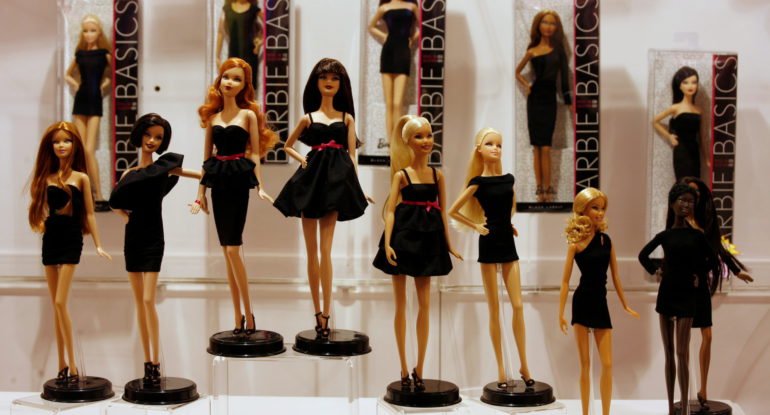Mattel, the Barbie and Hot Wheels Company finds NFT a great Solution

Mattel, the Barbie and Hot Wheels parent company, believes that pursuing non-fungible tokens (NFTs) as a solution for its products has potential.
Mattel CEO Ynon Kreiz remarked in response to a query during the company’s Q1 2021 earnings call. “This is an area where we see potential, particularly when you consider the built-in fan base and collector segment for classic evergreen brands that we own,” he said.
In the last few months, NFTs have made an enormous splash in the media. It may have begun with the increased visibility of NBA Top Shot, but it reached a fever pitch with Christie’s $69 million digital art sale in March.
Since then, news of collaborations between NFT platforms and industry-leading firms, influential personalities, and auctions has been steady.
Given the millions of dollars spent on single abstract ownerships, such as the $3 million auction of the first-ever Tweet, and the seemingly limitless ability to digitize and auction any idea, it’s not shocking that the buzz will fade.
Despite introducing many new NFT systems, sales of collectibles platform NBA Top Shot have dropped by half since last month.
NFT interest has dropped significantly in recent weeks since peaking at the end of March.
Nonetheless, Mattel has a chance to change how customers view its goods and create a steady market for digital collectibles.
Mattel’s target market is children. Even though parents are the ones who make the final purchase decision, children are the ones who are most interested in the product.
If children are exposed to NFTs at a young age, they will grow up to be part of a generation where NFTs are mainstream and a part of our daily lives.
McDonald’s and its Happy Meals are a result. McDonald’s and its Happy Meals, which include toy giveaways, are loved by most children, whether they are McDonald’s fans.
As a result, future generations of consumers will be loyal. Mattel’s adoption of NFTs could catapult the entire NFT industry into becoming a commonplace part of people’s lives.
There are, of course, all hopes. It would be not easy to persuade anyone that a particular Barbie product, such as the doll’s play summer home, has had some significant impact on how we live our lives.
And it’s possible that HotWheels or another lower-risk brand will be the first to use NFTs. The effect of NFTs on Mattel’s appeal to children will ultimately determine how the company places its digital collectibles.
There is a long tradition of making collectibles for children, ranging from movie characters to beanie babies and even pet rocks.
These physical collectibles have evolved into more digital ones over time. Tamagotchis were first introduced by Japan’s Bandai in the late 1990s.
There were tiny electronic devices with virtual pets that needed to be fed daily, or they would perish.
It will be fascinating to see whether children are drawn to the abstract ownership idea of NFTs, and how this will influence future consumption patterns.
Meanwhile, several well-known brands have already jumped on the bandwagon. Playboy has partnered with Nifty Gateways, Gucci is experimenting with 3D clothing through digital collectibles, and DC Comics, the owner of Batman, is planning NFTs.
Add a comment
You must be logged in to post a comment.




























































